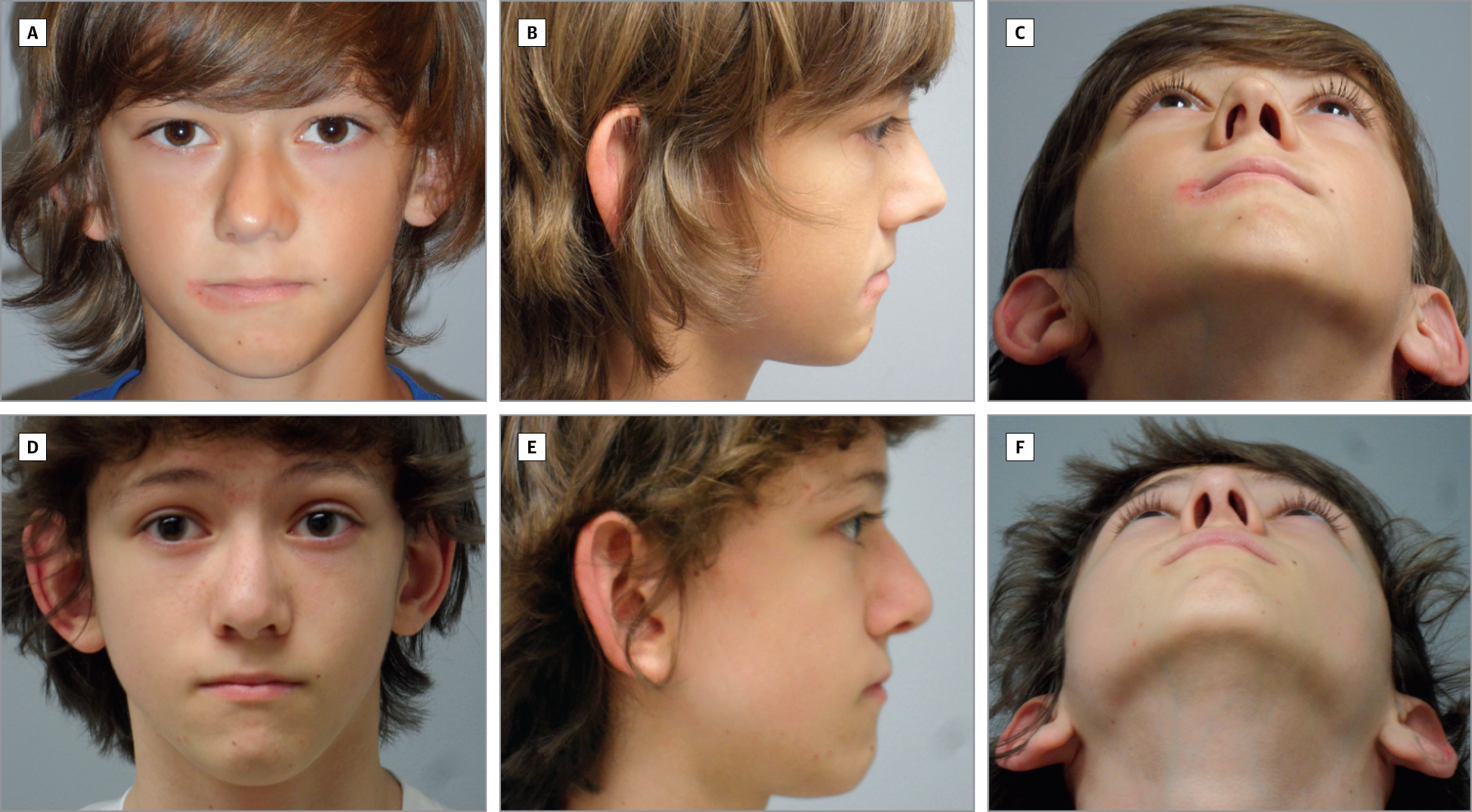
DiYES International School – Deviated Nasal Septum in Kids is a common condition affecting nasal airflow. It happens when the nasal septum, the wall between the nostrils, shifts away from the center. Many children live without symptoms, making early detection hard. However, some kids experience breathing difficulties and other health issues. Parents must recognize when to seek medical advice. Understanding symptoms and treatments can improve a child’s well-being significantly. Early intervention prevents long-term problems. This article guides parents on signs, diagnosis, and care for deviated nasal septum in children.
One major symptom is noisy breathing or loud snoring during sleep. Children may breathe mostly through their mouths instead of their noses. Mouth breathing can cause dry lips, sore throats, and dental problems. Frequent nosebleeds may occur due to irritation of nasal tissues. Some kids develop chronic nasal congestion or stuffiness. Recurring sinus infections can also signal a deviated septum. Kids may complain of headaches caused by nasal pressure or sinus problems. Problems with smell or taste sometimes appear. If your child has trouble sleeping or appears tired often, it could relate to nasal issues.
“Read about: Tongue Tie (Ankyloglossia): Symptoms, Causes, and Treatment Options for Your Child”
Medical help is needed if breathing issues disrupt your child’s daily activities. Loud, persistent snoring or pauses in breathing during sleep should be evaluated. Frequent nosebleeds that do not stop easily require a doctor’s attention. If your child suffers repeated sinus infections despite treatment, see a specialist. Difficulty in smelling or tasting foods can indicate nasal obstruction. If the child experiences facial pain or discomfort, seek medical advice quickly. Delay in speech development or behavioral changes linked to poor sleep are warning signs. Also, visit a doctor if mouth breathing leads to dry mouth or dental issues.
Doctors diagnose deviated nasal septum through physical examination. They look inside the nose with a lighted instrument called a nasal speculum. Sometimes, nasal endoscopy is used to see the septum more clearly. In complex cases, imaging like CT scans helps evaluate the nasal structures. Mild symptoms are treated with medications such as nasal sprays, antihistamines, or decongestants. These medicines reduce swelling and help open nasal passages. However, these are temporary solutions, not cures. When symptoms are severe, surgery might be recommended.
Septoplasty is the common surgery to correct a deviated septum. It realigns the nasal septum to improve airflow. Pediatric ENT specialists perform this operation carefully. They avoid damaging growing tissues in children. Surgery is usually done under general anesthesia. After surgery, children need time to rest and avoid nasal trauma. Follow-up visits ensure healing and proper recovery. Surgery often improves breathing and reduces infections.
“Read more: Best Lubricants for Garage Door Hardware: What to Use and Avoid”
With proper care, children with a deviated septum can live healthy lives. Regular checkups help monitor any changes or worsening symptoms. Maintaining good nasal hygiene is important to reduce irritation. Avoiding allergens and irritants helps prevent nasal inflammation. Using humidifiers keeps the nasal passages moist and comfortable. Encouraging children to breathe through their noses improves overall nasal health. Support from family and school aids the child’s confidence. Educating children about their condition helps them manage it better. Early treatment prevents complications such as sleep apnea or poor growth.
Parents play a vital role in helping children cope with nasal issues. Observe your child’s breathing habits and sleep quality. Keep track of any recurring symptoms like congestion or nosebleeds. Help your child follow doctor’s instructions and medication schedules. Create a safe, allergen-free environment at home. Promote healthy habits, including good hydration and balanced nutrition. Consult medical professionals if symptoms worsen or persist. Emotional support boosts your child’s comfort and cooperation during treatment. Together, families and doctors can improve children’s health outcomes.